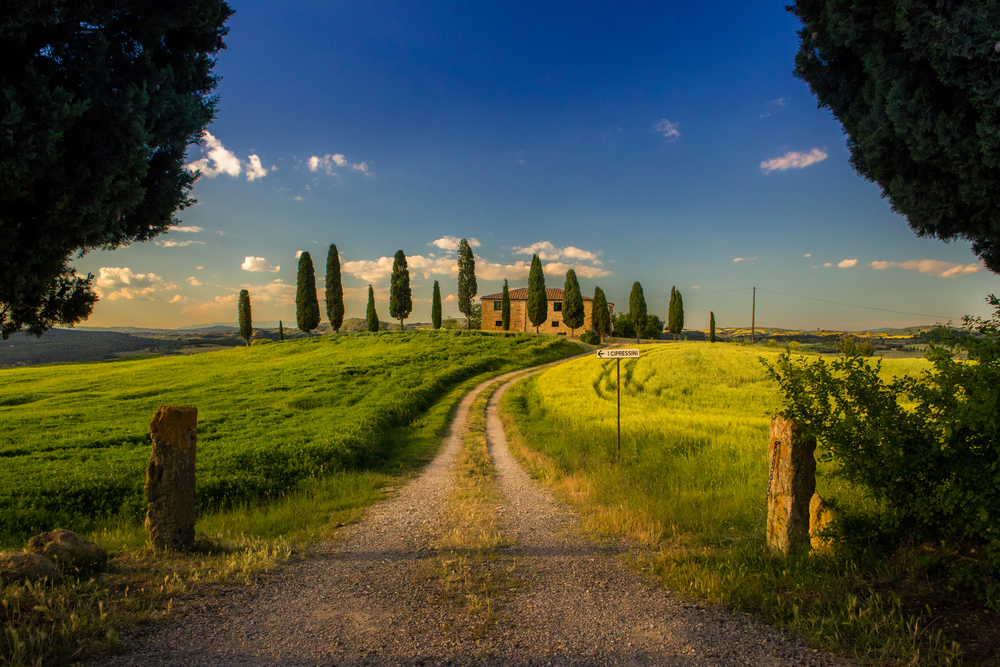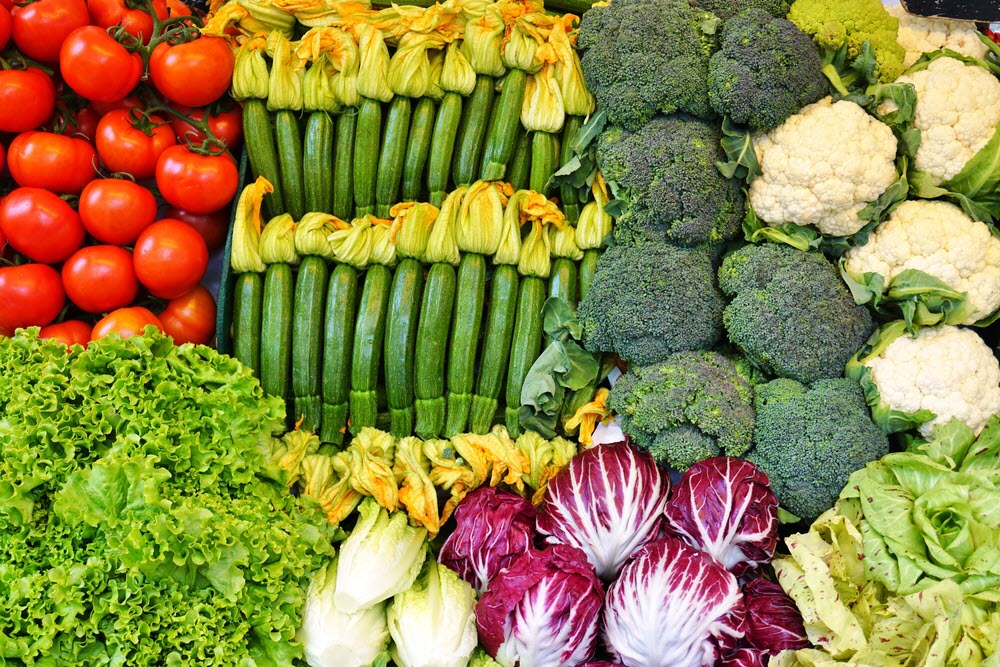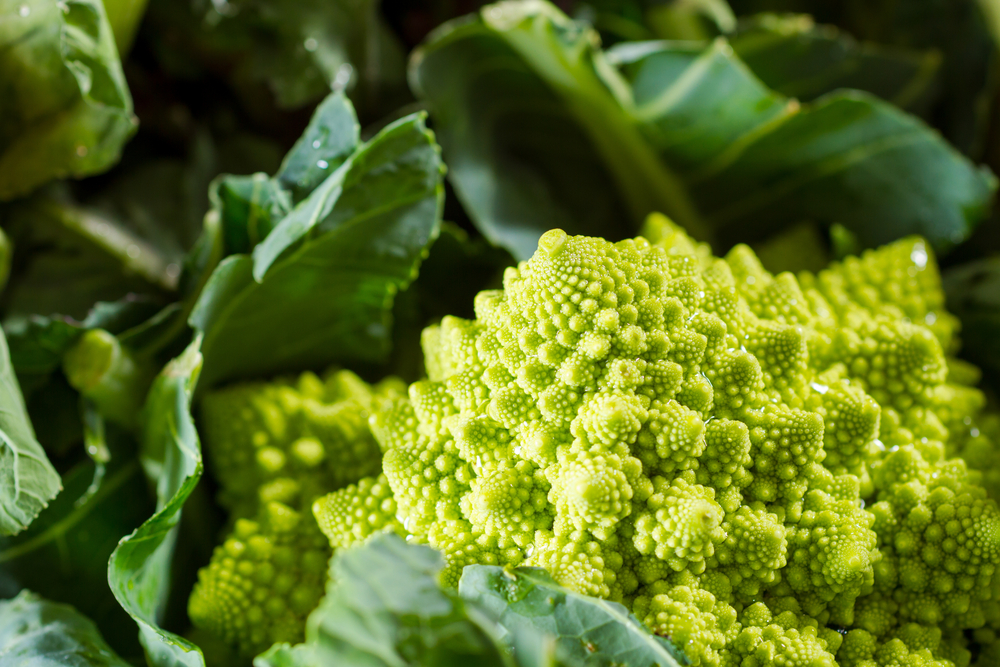The Italian approach to food is often underpinned by the phrase “zero kilometer”, which refers to the usage of local foods that have not traveled far after production. This principle begins with Italian people’s dedication to local and regional specialties. Italy is divided into twenty regions, each with their own distinct recipes and culinary traditions. Italians say “Paese che vai, usanza che trovi” meaning different places you visit, different customs you’ll find. People take pride in the cuisine of their hometowns, and identity is deeply intertwined with food. The lines between people, tradition, family and food are often blurred. Something as simple as eating the kind of pasta unique to one’s region, has the ability to emotionally connect them with their homes, their families and their family’s traditions.

Italian food is defined by its simplicity, its freshness, and most importantly the locally sourced ingredients. “Farm to table” is a phrase that has caught on elsewhere, but in Italy, eating food that is produced and sold locally is no revelation, it’s just the way things have always worked. Zero kilometers is a phrase that came about in Italy in the last 20 years, which people use to refer to this concept. The use of locally grown fruits, vegetables, cheese, meat, honey and other non-industrially produced food products is very important in Italian culture. The phrase means that the food has not traveled far or more literally that it has traveled “zero kilometers” before being eaten. This approach to food not only ensures the utmost freshness in flavor and simultaneously embraces regional identity, but it minimizes the environmental impacts of production as well. Because there is little to no transportation of goods the environment suffers less direct and indirect pollution.

When you see Italians reading labels in the supermarket, they are likely searching not for the calories but for the origins of the product. If it is not made in Italy, it goes back on the shelf. This idea of eating local comes naturally to Italians because there is great value in supporting local businesses and the local economy. They aim to avoid dependency on global trade chains for food products and instead strive for complete food sovereignty.
The commitment to eating locally also ensures the preservation of rare food species. For example, Romanesco broccoli, also known as Roman cauliflower originated in the Lazio region sometime within the 15th century. Had Romans neglected to grow, harvest and eat Romanesco all these years and instead opted for imported broccoli, this striking flower bud which remarkably resembles a fractal, may have gone extinct. Zero kilometer food keeps unique species like these alive and promotes eco-diversity.

Italians also respect the cycle of nature, meaning they eat seasonally. They are perfectly okay living without strawberries in the winter, because they have ripe, freshly harvested apples, oranges and pears to enjoy. For them, nature is a flawless provider, and in-season products define their dishes year round. This mentality also eliminates the need for importation of non-seasonal products and therefore minimizes pollution from transportation.
This commendable approach towards food promotes Italy’s independence, identity, and tradition but most importantly the preservation of the environment and the land where the food comes from.

